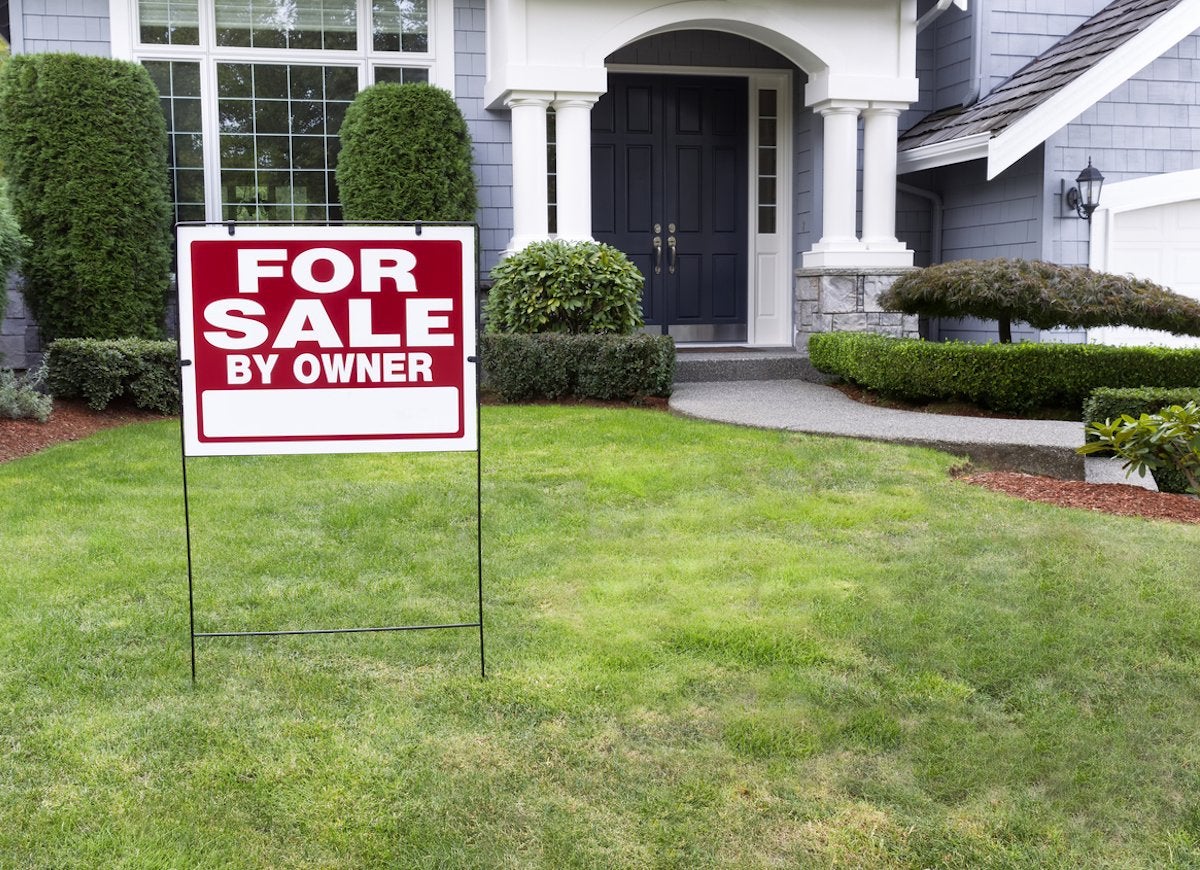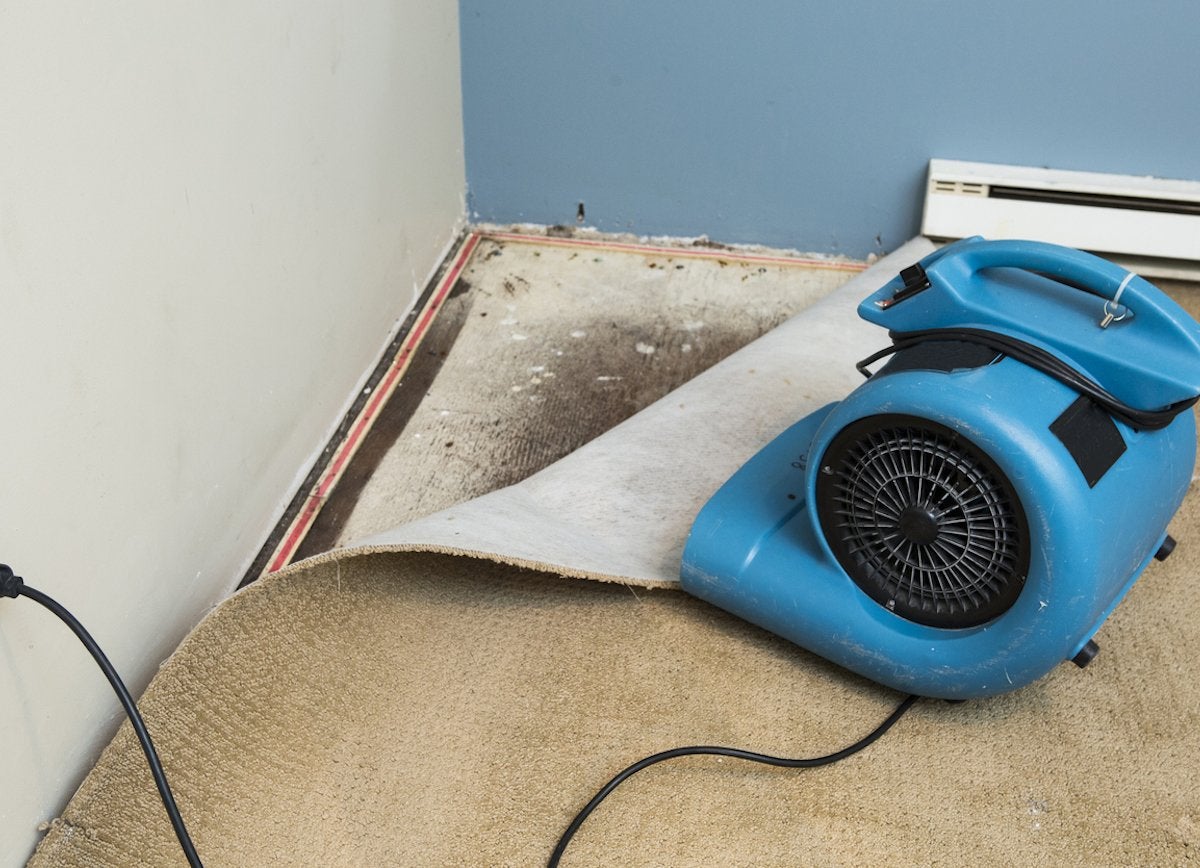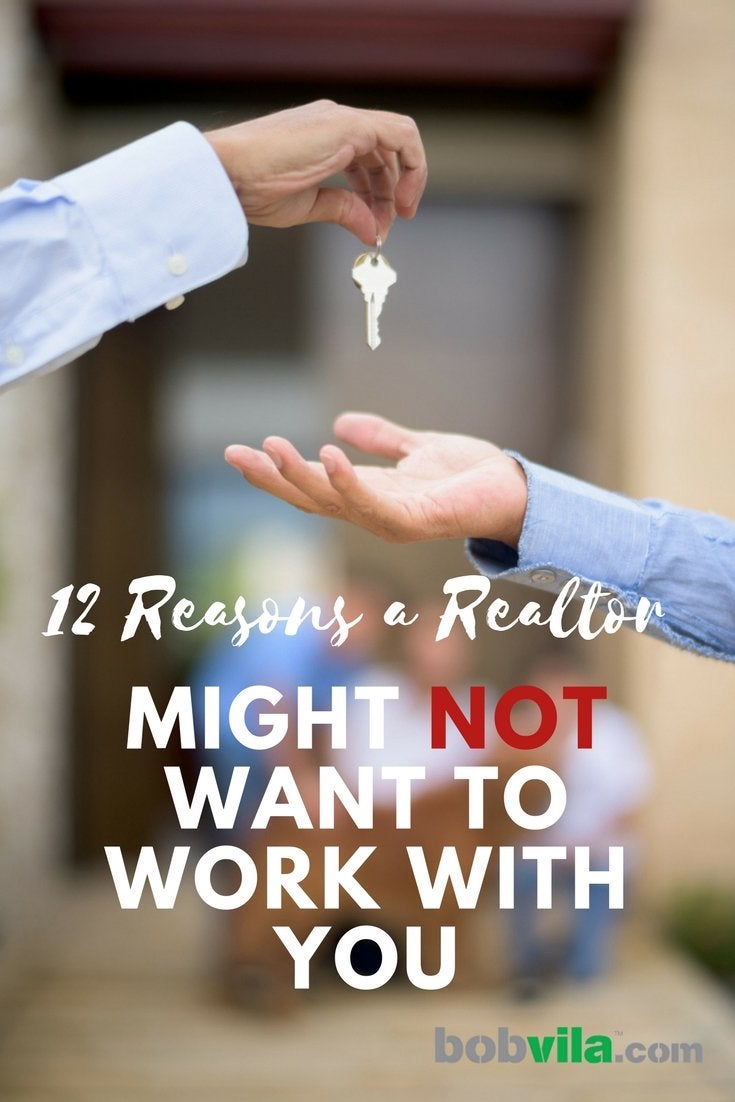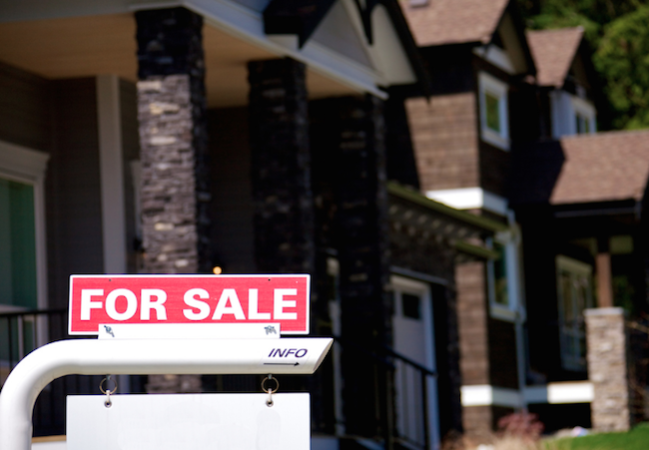We may earn revenue from the products available on this page and participate in affiliate programs. Learn More ›
The Realtor Is a Buyer’s Agent

A buyer’s agent is a real estate agent who represents the interests of the buyer rather than the seller. While many agents will represent a buyer in one transaction and a seller in another, some specialize in representing only buyers. If the real estate agent you have in mind is strictly a buyer’s agent, she will turn down the opportunity to list your house.
You Don’t Want Your House on the Multi-List

A multi-list is maintained by a group of agents who have agreed to show each other their listings. Having your house on the multi-list increases the odds that it will sell because virtually every agent in the community is trying to sell it. If you refuse to put your house on the multi-list, a real estate agent may decide not to work with you, figuring that it will be more difficult to sell your home and that she may not recoup the money she puts into marketing and advertising it.
Your House Is Overpriced

As a homeowner, it’s your right to establish the asking price for your home, but if that price is unreasonably high, your house is unlikely to sell. A real estate agent who believes that you’ve overpriced your house may choose to simply walk away, because listings that languish on the market can damage an agent’s reputation. Your best bet is to ask the agent to draw up a market analysis, which helps determine the probable selling price of your home based on recent sales of comparable properties in your area. You should then list home within 5 percent of that price.
Related: Selling Your Home? 7 Things to Know Right Off the Bat
You’re Not Offering Enough Commission

Many people don’t realize that real estate commissions are negotiable. The national average is 6 percent of the sales price, but you have the right to negotiate a lower commission. If you insist on a much smaller commission, however, the listing might not be worth the agent’s time. Commissions are typically divided 50-50 between the brokerage that lists your home and the brokerage that brings the buyer. Of the portion that goes to the listing brokerage, the agent may end up with as little as half. Before you choose to play hardball on the commission, realize that it could cost you your real estate agent.
Related: Find the Right Realtor: 9 Tips from Happy Homeowners
You Want to Show/Sell the House Yourself

If you want to retain the right to show or sell your house to anyone who comes along after your home is listed—without paying the agent a commission—that probably won’t fly. The agent puts work into advertising and marketing your home. When someone notices an ad or sees the sign in your yard and contacts you directly, it’s not fair to cut out the agent. If you’re determined to add that sort of clause to a listing contract, don’t be surprised if the agent turns you down.
Related: 10 Things to Know About Being Your Own Real Estate Agent
You’re Not Allowing Showings

Having nosy buyers traipsing through your home at all hours of the day can be annoying, but if you don’t allow your agent (and other agents on the multi-list) to show your home, it won’t sell. Try to reach a compromise, such as allowing only prequalified potential buyers to tour your property. If you make it too difficult for an agent to show your home, no agent will want to list it.
Related: The Best (and Worst) Things You Can Do Before an Open House
You Ask for Discriminatory Showings

Realtors are bound by law to follow the guidelines of the Fair Housing Act of 1968, which prohibits discriminatory real estate practices based on race, religion, familial status, or national origin. If you ask an agent not to show your home to potential buyers based on any of those factors, expect the agent to walk away.
You Failed to Disclose Defects

In a listing contract, you are required to detail material defects associated with your home that might be of concern to a buyer. What you must disclose varies from state to state, but the list typically includes termite damage, any history of flooding, the presence of lead paint, or any other factor that might impact a buyer’s decision. If your agent discovers that you were aware of material defects that you did not disclose, she may not want to continue to list your home.
Related: 7 Ways Your Home Could Get You Sued
The Property Is a Mess

An unkempt yard, a broken-down car on the lawn, or trash and debris inside your home will make it difficult to sell and could cause agents to turn down the opportunity to sell it. Most listing contracts have a clause that requires owners to keep the grass mowed and to maintain the property in a reasonable and presentable state.
Related: 11 Awful Real Estate Photos—And How to Make Yours Great
Your Property Is Too Far Away

You may want a particular agent to sell your home, but if that agent doesn’t live in your community, she may feel that she can’t do justice to the marketing and selling of your home. She can, however, research the real estate agents in your area and refer one who looks like a good prospect. When your home sells, she will customarily receive a small commission for making the referral.
You’re a Pain in the Neck

Selling a home is stressful. Real estate agents are accustomed to dealing with homeowners who are not at their best, but they’re not infinitely patient. If you keep trying to tell your real estate agent how to do her job, or if you insist on being home during showings and talking to potential buyers, you might lose your agent. The best way to avoid this scenario is to research real estate agents carefully before you list your home—and then allow the agent to do her job without interference.
Your Property Is Not in the Agent’s Area of Expertise

If the agent you want specializes in selling strip malls or luxury homes, she’s probably not going to take on a listing for a mobile home or duplex. An agent who regularly sells properties similar to yours is more likely to take your listing—and more likely to do a good job of selling it quickly.
Realtor Relations

If you take a step back, you can probably assess the potential challenges in your relationship with your realtor.

















